Farmington, CT
Conditions
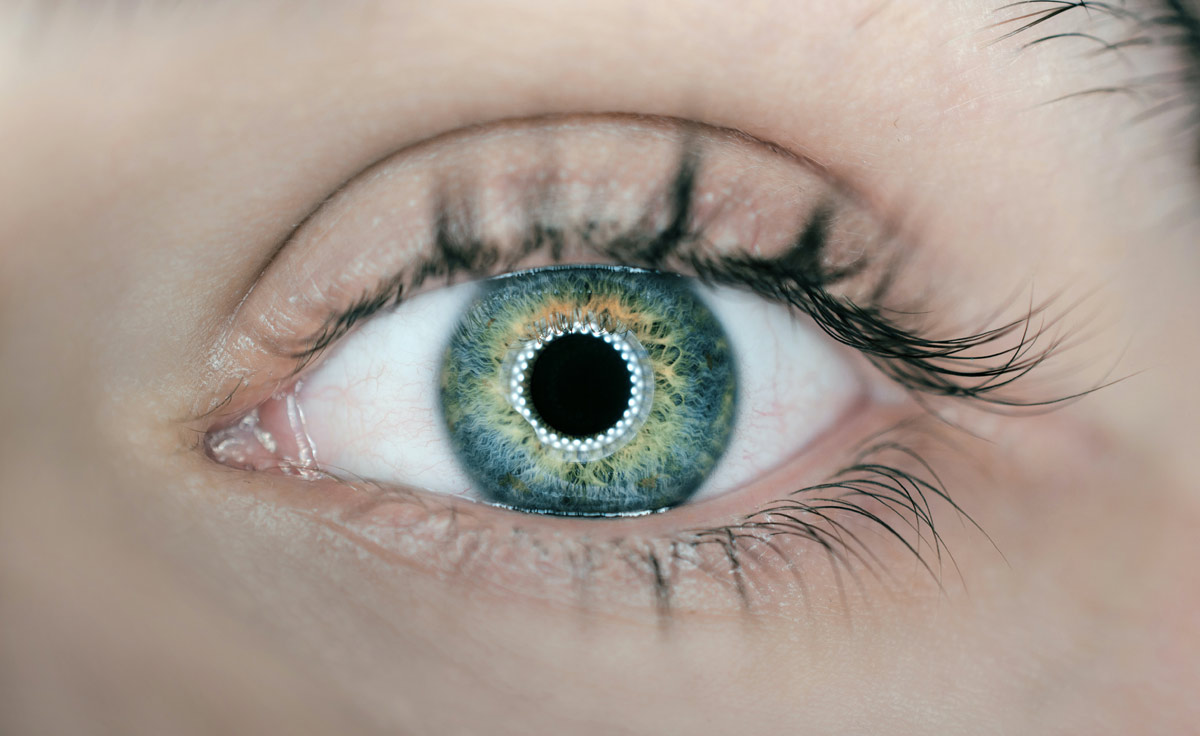
Farmington, CT
Conditions
What conditions can vision therapy treat?
There are a variety of conditions that can be treated with vision therapy, including:
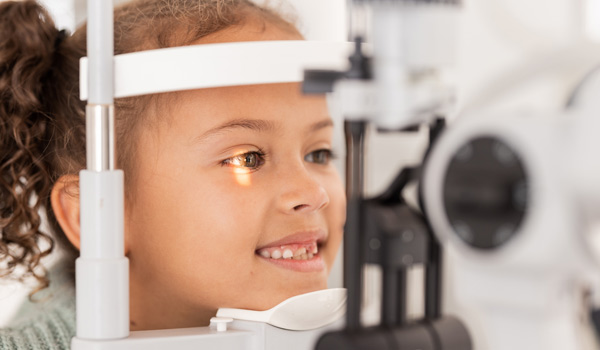
Amblyopia (lazy eye)
Amblyopia, also known as “lazy eye,” is a common vision disorder that affects both children and adults. It occurs when one eye does not develop proper visual acuity during childhood, which can cause the brain to rely more on the “stronger” eye and ignore the weaker one. Vision therapy can be used to strengthen the weaker eye and improve binocular vision.
Learn more about Vision Therapy
for Amblyopia
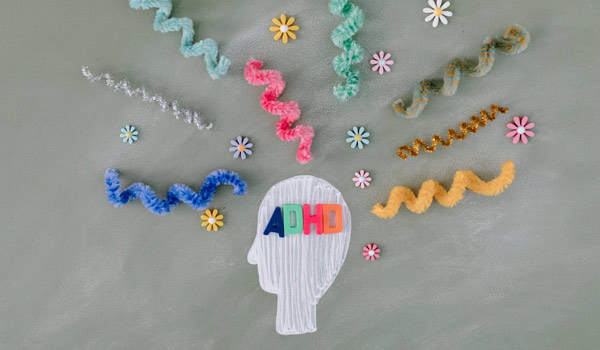
Attention-deficit/hyperactivity disorder (ADHD)
ADHD is a neurodevelopmental disorder that affects behavior, attention, and focus. Studies reveal that many individuals with ADHD also experience vision-related problems, such as difficulties with eye focusing, eye tracking, and eye teaming. These problems can make it hard to concentrate and process information, leading to academic struggles and performance issues. Vision therapy is a non-invasive and clinically proven treatment option for vision-related problems in individuals with ADHD.
Learn more about Vision Therapy
for ADHD/ADD
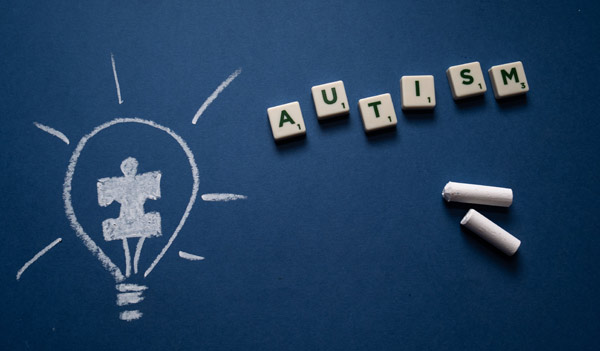
Autism spectrum disorder
Autism spectrum disorder (ASD) is a neurodevelopmental disorder that affects communication, social interaction, and behavior. What many people don’t realize is that ASD can also cause vision problems, such as poor eye contact, sensitivity to light, and difficulty tracking moving objects. Vision therapy is an effective treatment option that can help alleviate some of the vision problems faced by those with ASD.
Learn more about Vision Therapy
for Autism
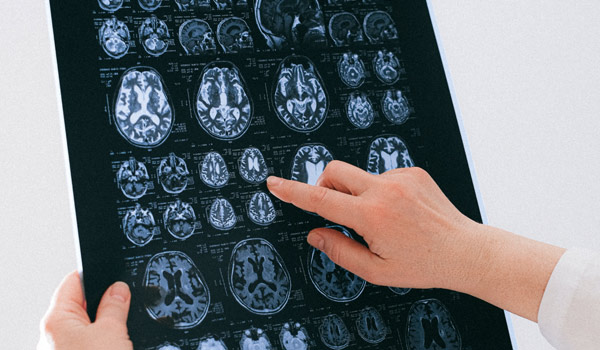
Concussion
A concussion is a mild traumatic brain injury that affects the way your brain functions. Concussions can affect your vision, causing issues with eye tracking, eye teaming, and focusing abilities. Vision therapy is a proven treatment option for concussion-related vision problems.
Learn more about Vision Therapy
for Concussion

Convergence insufficiency
Convergence insufficiency is a common eye disorder that occurs when a person’s eyes cannot work together comfortably when focusing on nearby objects, like reading or computer work. The condition can lead to eyestrain, double vision, headaches, blurred vision, and difficulty concentrating. Research has shown that vision therapy is a highly effective treatment option for convergence insufficiency, often resulting in significant improvement in symptoms.
Learn more about Vision Therapy
for Convergence Insufficiency
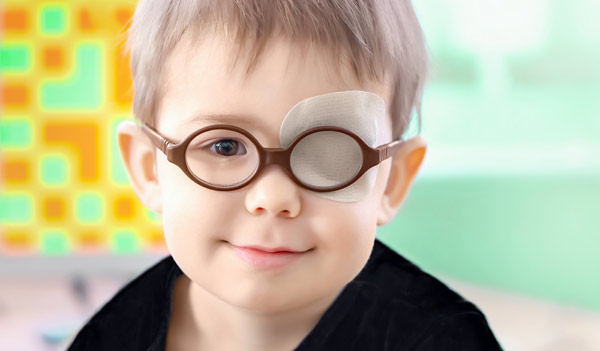
Strabismus (crossed eyes)
Strabismus, also known as “crossed eyes,” is a condition where the eyes do not align properly. It can cause double vision, difficulties with depth perception, and poor eye teaming, along with other symptoms. Strabismus can be effectively treated with vision therapy, which involves a series of eye exercises and activities that help to retrain the visual system and align the eyes better.
Learn more about Vision Therapy
for Strabismus
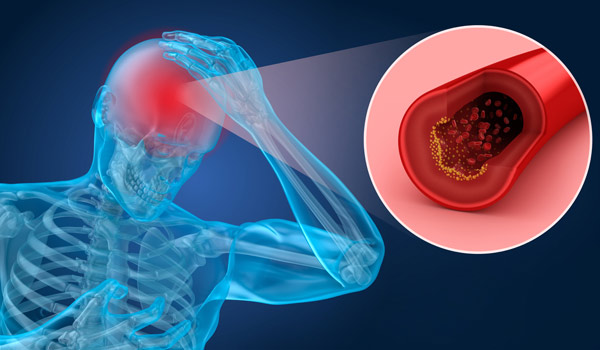
Stroke
Stroke is a leading cause of disability worldwide, and it can affect vision in many ways. Depending on the location of the stroke in the brain, a person may experience vision loss or difficulty with eye movements. Many vision-related problems caused by a stroke can be treated with vision therapy.
Learn more about Vision Therapy
for Stroke

Double vision
Double vision occurs when the eyes fail to work together properly, causing someone to see two images of the same object. Double vision can result in headaches, dizziness, and difficulties with depth perception. Vision therapy is a common treatment option for double vision.
Learn more about Vision Therapy
for Double Vision
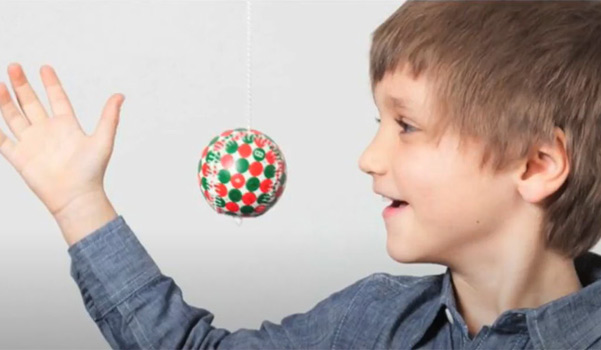
Eye teaming and tracking problems
Problems with eye teaming and eye tracking can affect a person’s ability to focus, read, and follow objects with their eyes. Research has shown that vision therapy can significantly improve eye teaming and tracking problems, leading to improved visual function, academic performance, and quality of life.
Learn more about Vision Therapy
for Eye Teaming & Tracking Issues
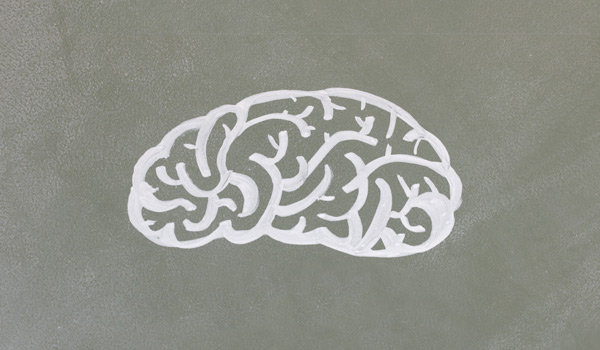
Traumatic/acquired brain injury
A traumatic brain injury occurs when an external force, such as a blow or jolt to the head, causes damage to the brain. Acquired brain injuries occur when a sudden vascular issue or condition such as a stroke or a tumor affects the brain. These injuries can cause visual issues with eye alignment, tracking, and focusing. A vision therapy program can be an effective approach to addressing some of the visual issues caused by a brain injury.
Learn more about Vision Therapy
for Traumatic/Acquired Brain Injury
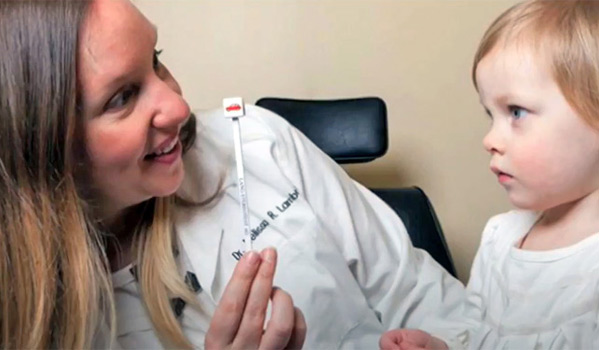
Sensory processing
Sensory processing is the brain’s ability to receive, interpret, and respond to sensory information in our environment. Sensory processing difficulties can impact an individual’s ability to function in everyday life and can lead to a variety of symptoms, including visual processing issues such as trouble with eye tracking, teaming, and depth perception. Vision therapy is a highly effective treatment option for sensory processing difficulties related to visual function.
Learn more about Vision Therapy
for Sensory Processing

Dizziness / vestibular
Dizziness is a common symptom that is typically related to problems in the inner ear. Vestibular dysfunction, which affects the balance and spatial orientation systems, often leads to dizziness, vertigo, and other visual processing issues. Vision therapy can help with some of these visual problems caused by vestibular dysfunction.
Learn more about Vision Therapy
for Dizziness & Vestibular Issues

Reading and learning comprehension
Learning is a complex process that involves various sensory systems, including vision. Many children and adults with reading and learning difficulties have undiagnosed vision conditions that can interfere with their ability to read, learn and communicate comprehensively.
Learn more about Vision Therapy
for Reading and Learning Comprehension

Special needs
Individuals with special needs may experience a range of challenges that can impact their visual processing, including issues with eye alignment, focusing, and tracking. Vision therapy is a non-invasive and effective treatment option for many visual problems related to special needs, including physical, developmental, behavioral/emotional, and physical and sensory impaired conditions and disabilities.
Learn more about Vision Therapy
for Special Needs
